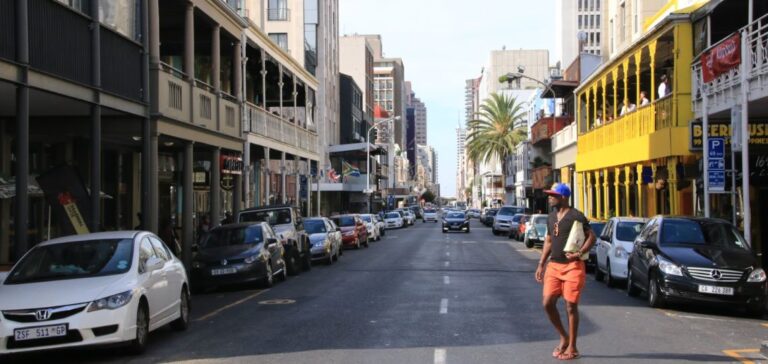South African President Cyril Ramaphosa on Thursday declared a state of national disaster to deal with the deep power crisis that is impacting the country’s daily life and economy. Scheduled power cuts last up to 12 hours a day and the electricity shortage has become more acute in recent months.
Release of exceptional funds
The state of disaster allows the release of exceptional funds to deal with the crisis. Ramaphosa already triggered this procedure last year because of the floods that killed more than 400 people in the southeast of the country.
Difficult economic and social context
This crisis comes on top of the corruption of the Jacob Zuma era and the difficult financial situation of Eskom, the state-owned company that produces 90% of the country’s electricity. Eskom is faced with large debts and aging power plants that frequently break down.
South Africa is struggling to move towards clean energy and away from its dependence on fossil fuels. A $98 billion investment plan was approved last year to support the energy transition.
In addition to the electricity crisis, the country faces high unemployment (32.9%), low growth (0.3%) and persistent inflation. Popular anger has taken to the streets in recent weeks due to power cuts and demonstrations have taken place in several cities.
In conclusion, the declaration of a state of national disaster by President Ramaphosa shows the importance of the power crisis for the country and the measures taken to deal with the situation. However, economic and energy challenges persist and it is important to continue working to overcome these obstacles for the future of the country.





















